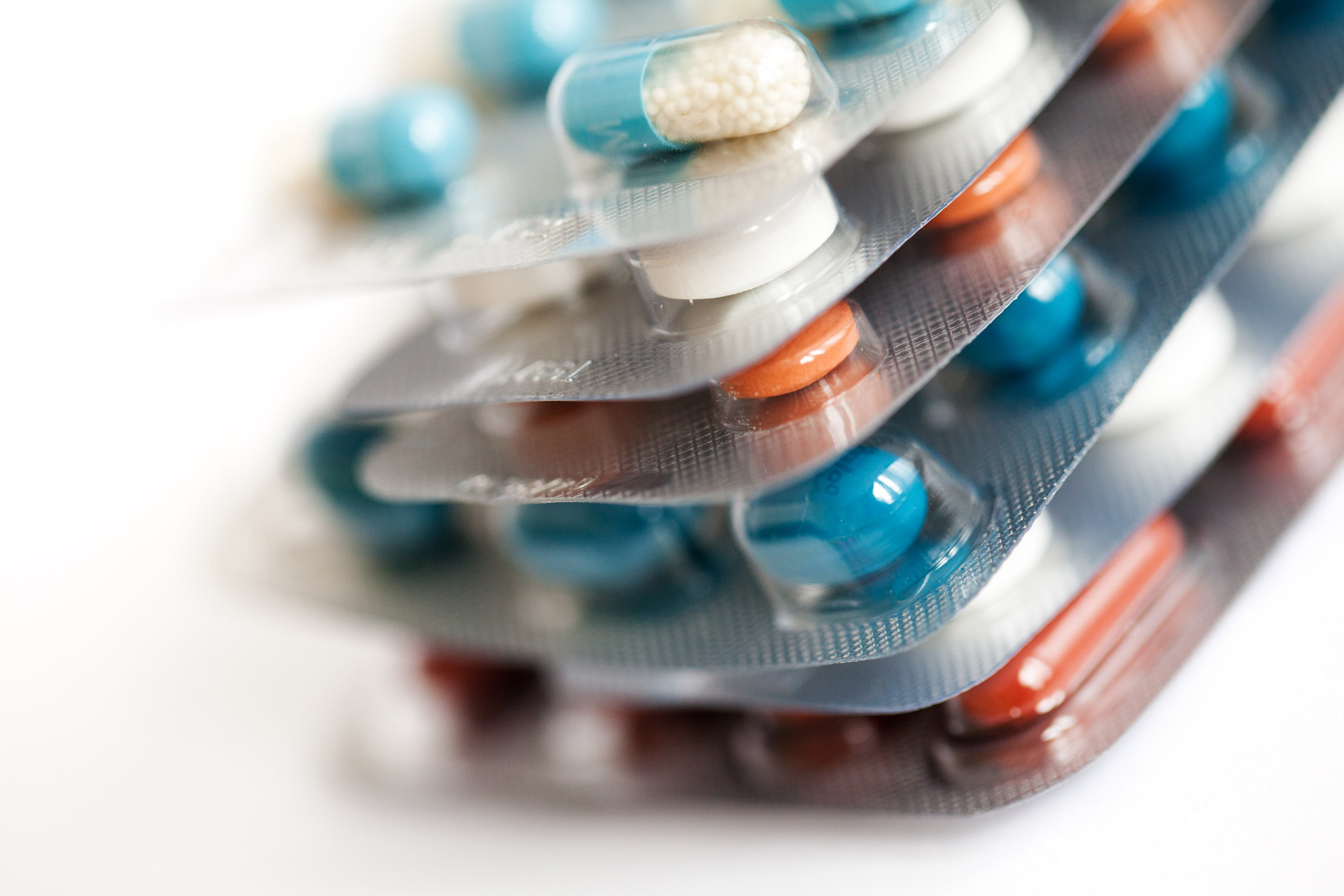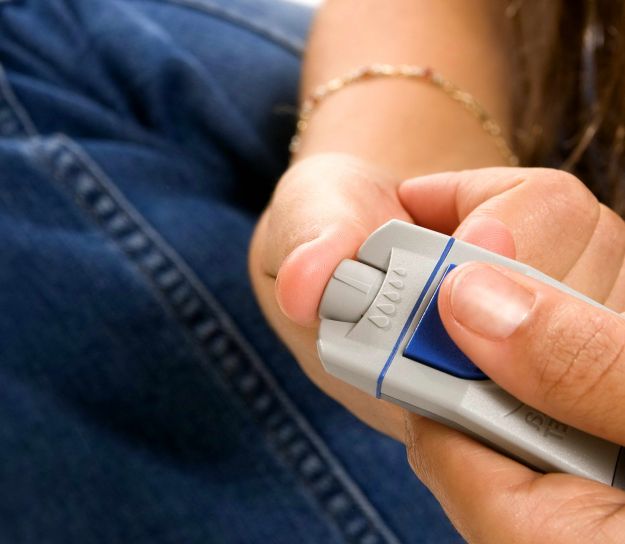India Wages War Against Diabetes With New Drugs and Innovative Methods of Testing
India, being the centre of diabetes, with nearly 3 in 100 people diabetic, is fighting the disease with efficient new drugs and innovative, affordable tests that detect it early.

India, being the centre of diabetes, with nearly 3 in 100 people diabetic, is fighting the disease with efficient new drugs and innovative, affordable tests that detect it early.
India is the epicentre of diabetes. According to the International Diabetes Federation, India is home to nearly 67 million diabetics. The incidence of number of people who end up diabetic is 3 in 100 people. In another study by cardio-metabolic risk reduction in South Asia (CARRS), which ranks cities by number of people prone to diabetes, Delhi came on top of the list of Indian cities. Chennai came next. Women were found to be more likely than men to develop the condition. Diabetics are prone to even worse conditions such as heart disease and blood pressure.
No More Jabbing

Source: publicdomainpictures.net
Now, patients prone to extreme fluctuations in sugar levels don’t have to go through the harrowing experience of jabbing themselves with multiple medicines. New drugs such as Victoza, a daily single dose drug, and Trulicity have been introduced in India early this year. Trulicity is a weekly drug that’s non-insulin. A single dose pen, it doesn’t require one to measure and mix multiple drugs. It is especially useful for people with uncontrollable glucose that does not respond to the usual drugs. What’s more, the drug is also said to help in weight loss.
An oral drug manufactured by Glenmark pharma, a Mumbai-based lab, is about 60% more affordable and can save diabetics up to Rs 10,000 a year, according to Times of India. Teneligliptin, part of the gliptin group of drugs, was launched in 2015. While regular gliptin drugs that are imported cost around Rs 45 today, this new drug costs only Rs 20 per day, which amounts to just over Rs 7000 a year.
For those inclined towards Ayurveda, a herbal anti-diabetic drug was launched by the Council of Scientific and Industrial Research (CSIR) in October 2015, validated scientifically.

Source: Wikimedia Commons
Developed by National Botanical Research Institute (NBRI) and Central Institute for Medicinal and Aromatic Plant (CIMAP), the drug contains four Ayurvedic herbs that are proved to be safe and efficient. Clinical trials show a success rate of up to 67%. The benefits of the drug include a boost in immunity and checks free radicals, while also serving as an antioxidant. And, it works like any other diabetic drug – it reduces chances of high blood pressure complications and works as blood glucose maintainer.
Another drug called Saroglitazar, produced only in India so far, helps fight diabetic dyslipidemia. Besides just lowering glucose and lipids, it also lowers cholesterol levels with no serious side effects. Currently, the manufacturers are in talks with companies abroad to market the drug around the world, especially to other developing countries.
Early Non-invasive Detection

Source: publicdomainpictures.net
Detecting diabetes early is crucial to its treatment. In India, more than half the people don’t know that they’re diabetic. This is largely because there aren’t any telling signs early on that a person is diabetic; it is usually tested and diagnosed after it affects the health of the heart, eyes or brain.
Early detection can be done by testing blood glucose levels. Until a team from Indian Institute of Science in Bengaluru came up with a new method, it was an expensive time consuming process using chemical-based methods. In 2015, however, the team came up with a device that measures the exact level of glucose concentration in the blood.
Read more: IISc Researchers Develop Two New Breakthrough Methods for Early Diabetes Detection
In another path breaking innovation which is currently still under production in India is a non-invasive test developed by global diagnostics company DiabetOmics. Diabetes can be detected through saliva-based tests, according to the company which is setting up its global manufacturing facility in Hyderabad this year. The company will also be developing tests for screening Type-1 diabetes, as well as detect complications of the eye or kidney. What’s more, it’s touted to be affordable to all in India and across the world.
Like this story? Or have something to share? Write to us: [email protected], or connect with us on Facebook and Twitter (@thebetterindia).

Similar Story

Would Your Parents Support You Taking Therapy? This Mental Wellbeing Survey Reveals an Unseen Change
An ITC Fiama survey on mental health shows 80% of Indians trust their parents to back them in seeking therapy, signalling a change in how its perceived by Gen Z, millennials, and their parents.
Read more >
If you found our stories insightful, informative, or even just enjoyable, we invite you to consider making a voluntary payment to support the work we do at The Better India. Your contribution helps us continue producing quality content that educates, inspires, and drives positive change.
Choose one of the payment options below for your contribution-
By paying for the stories you value, you directly contribute to sustaining our efforts focused on making a difference in the world. Together, let's ensure that impactful stories continue to be told and shared, enriching lives and communities alike.
Thank you for your support. Here are some frequently asked questions you might find helpful to know why you are contributing?


This story made me
-
97
-
121
-
89
-
167












